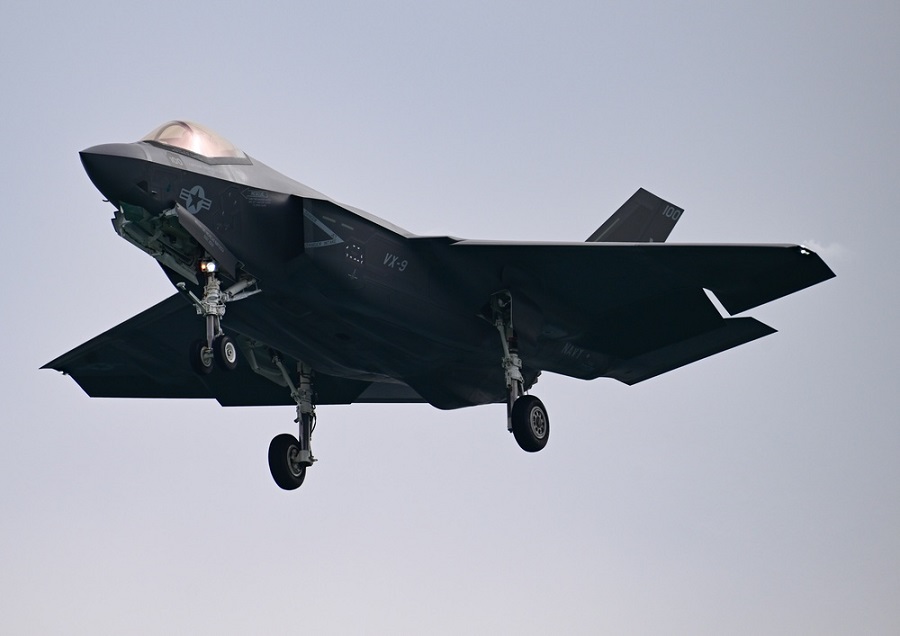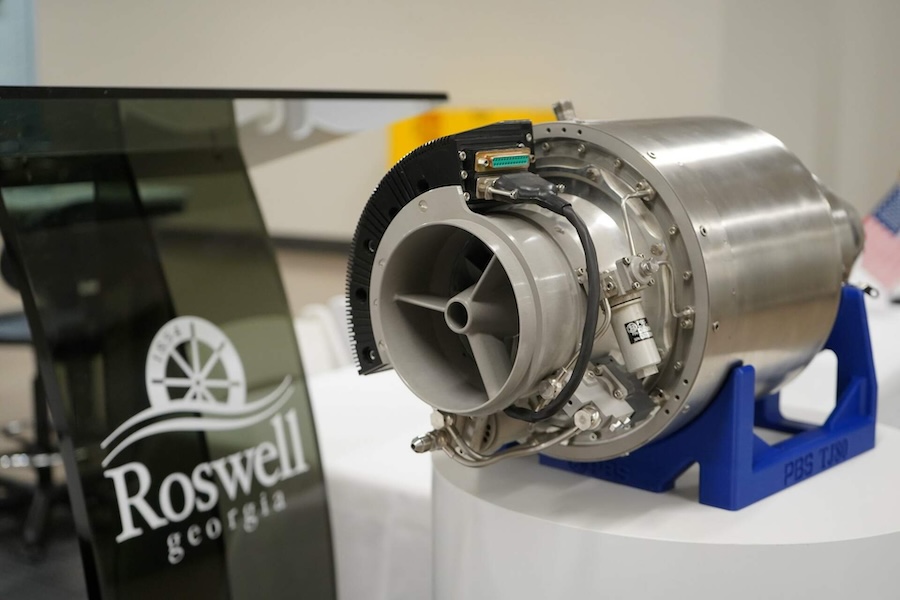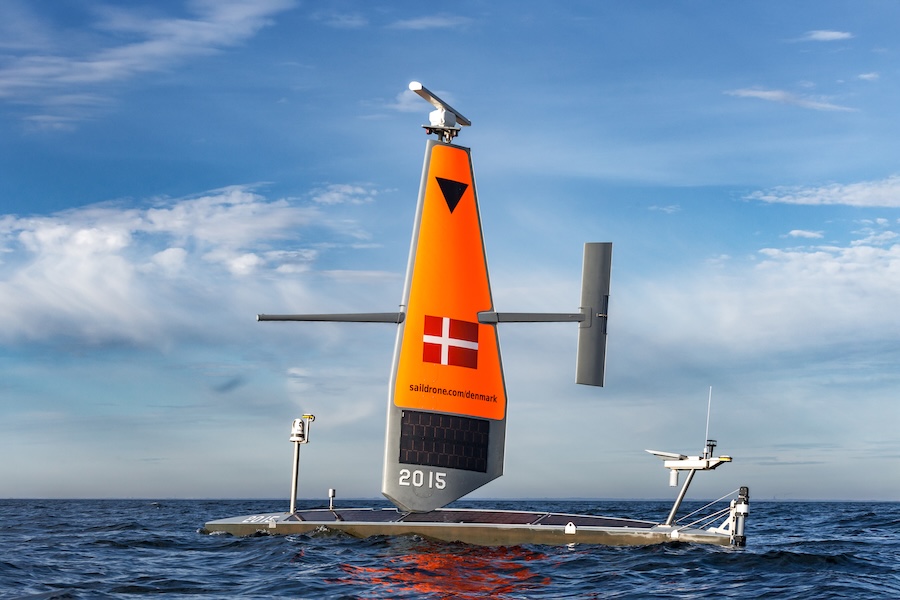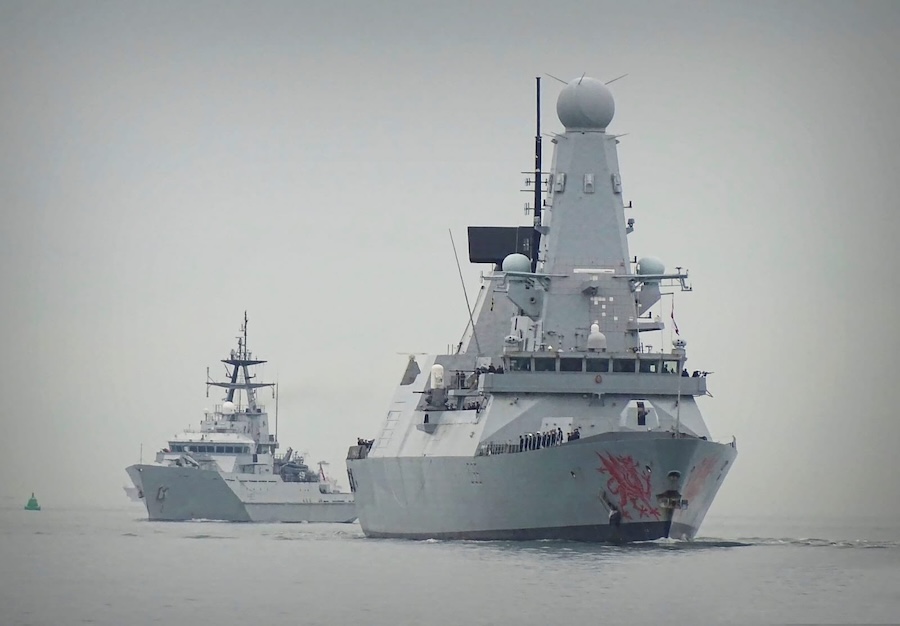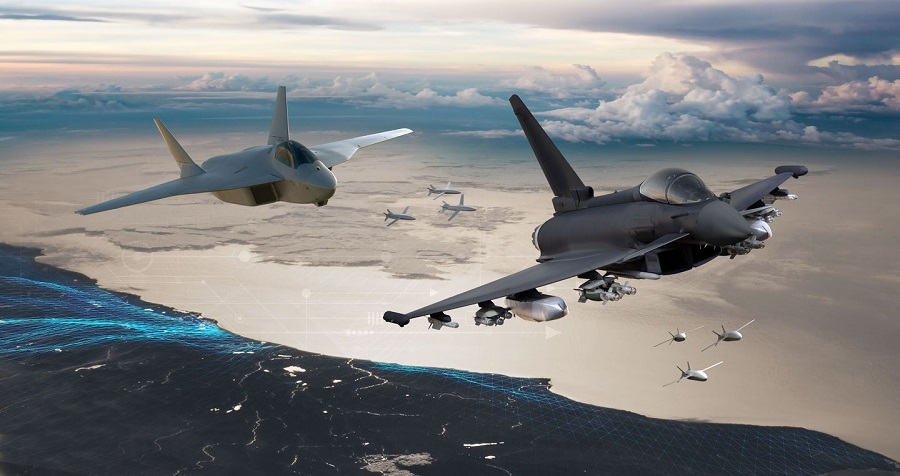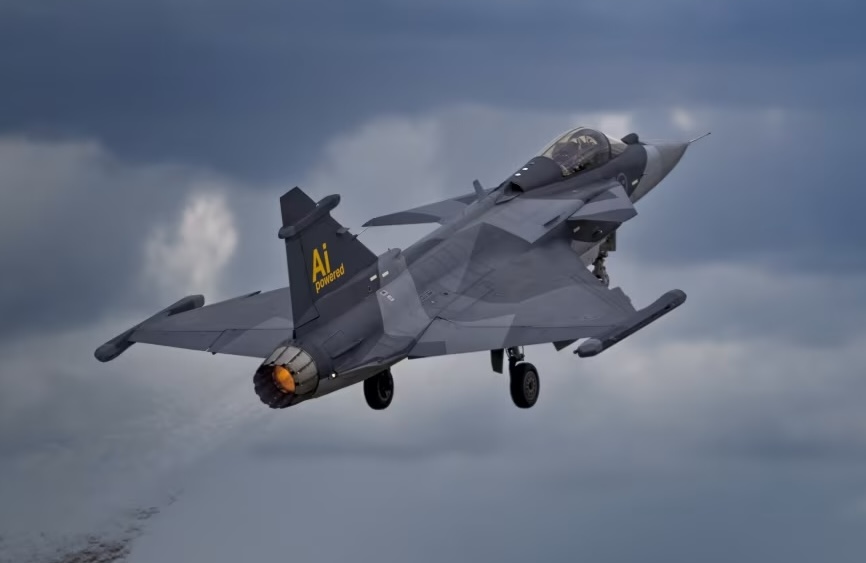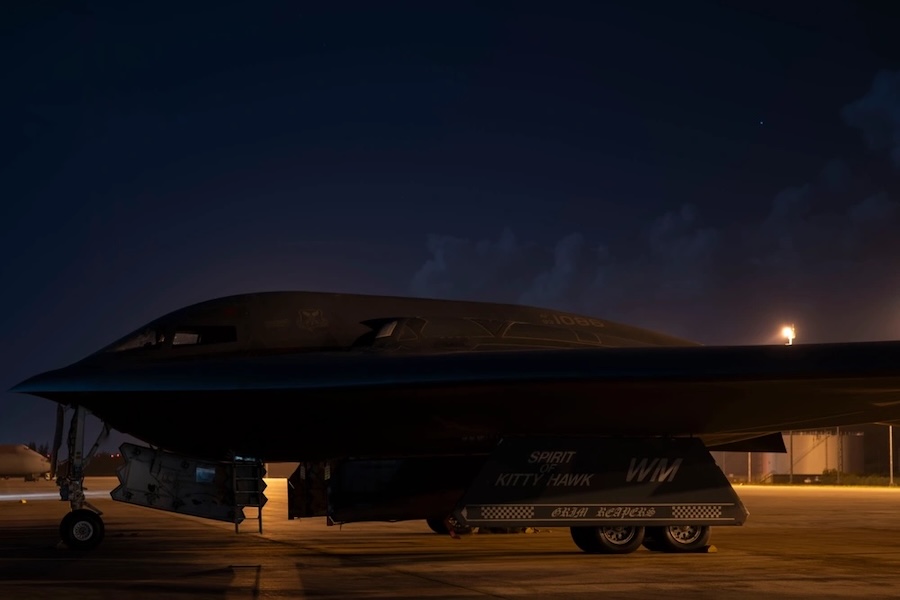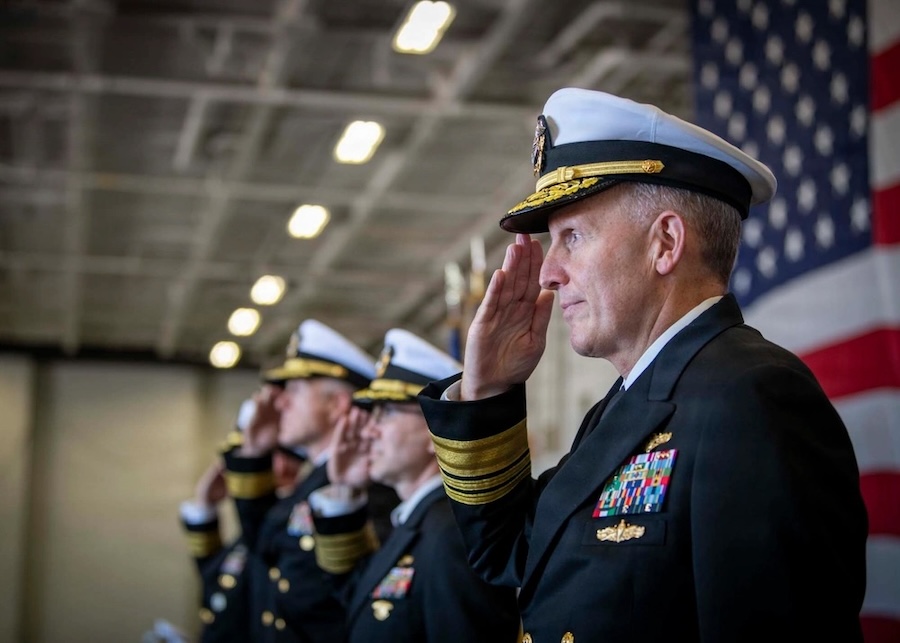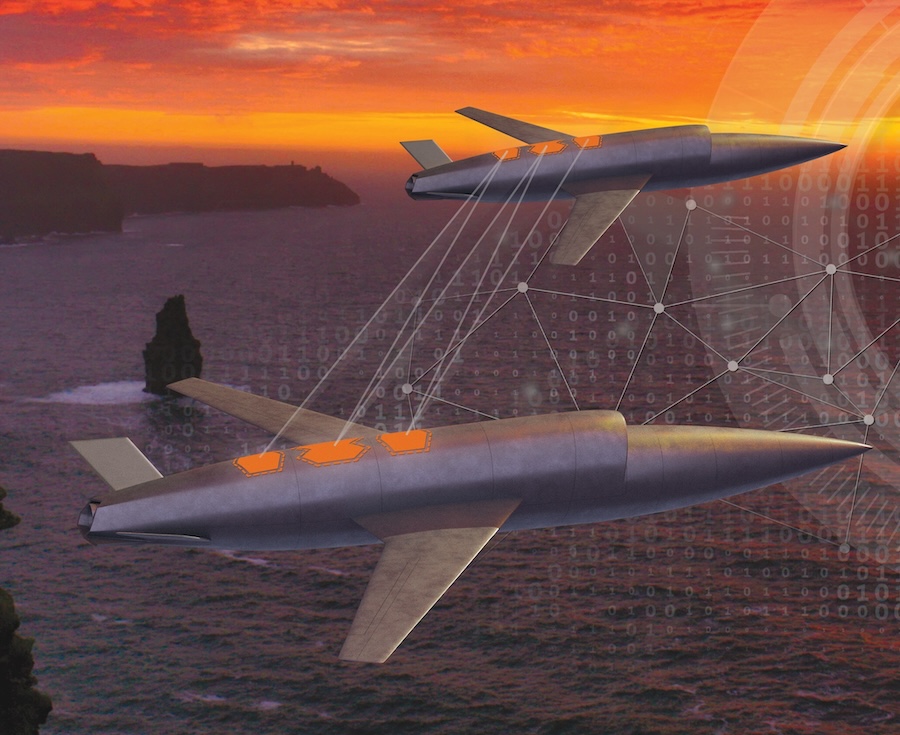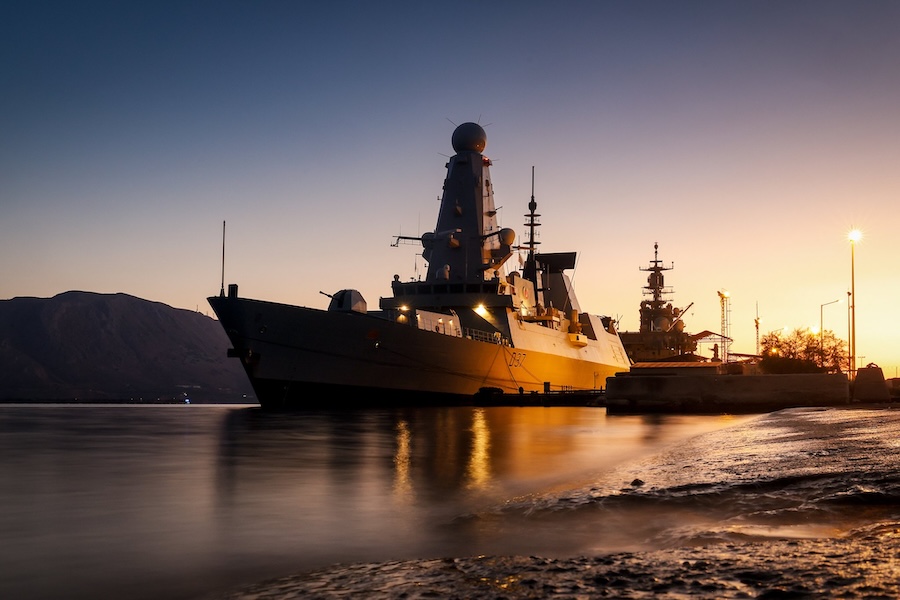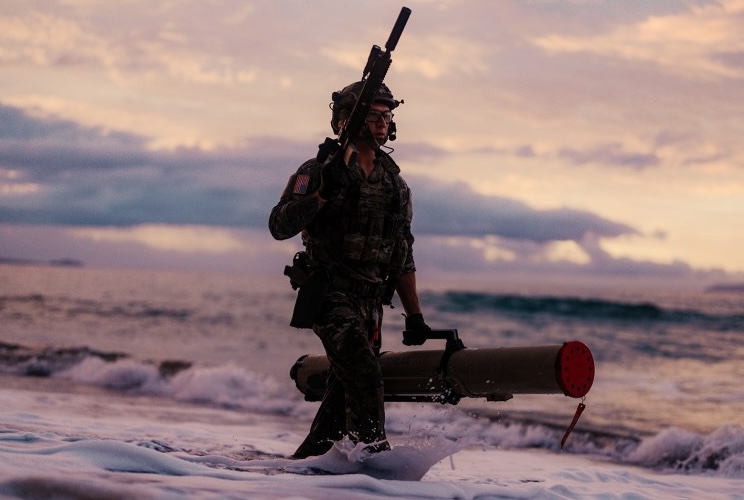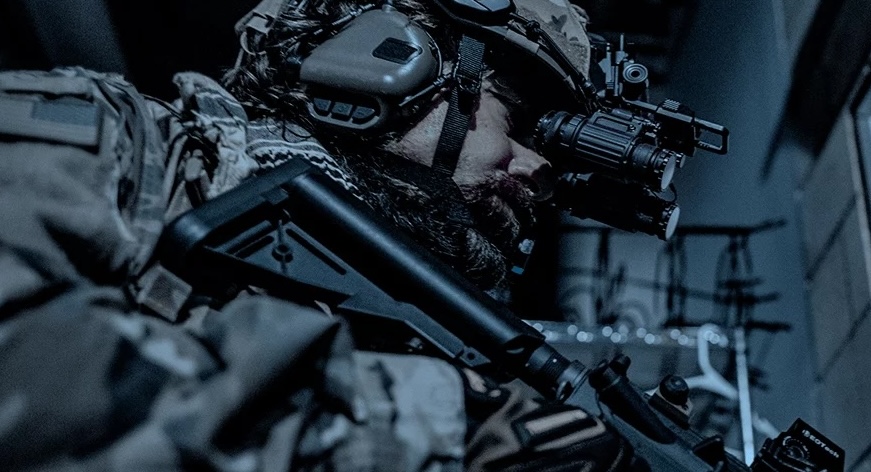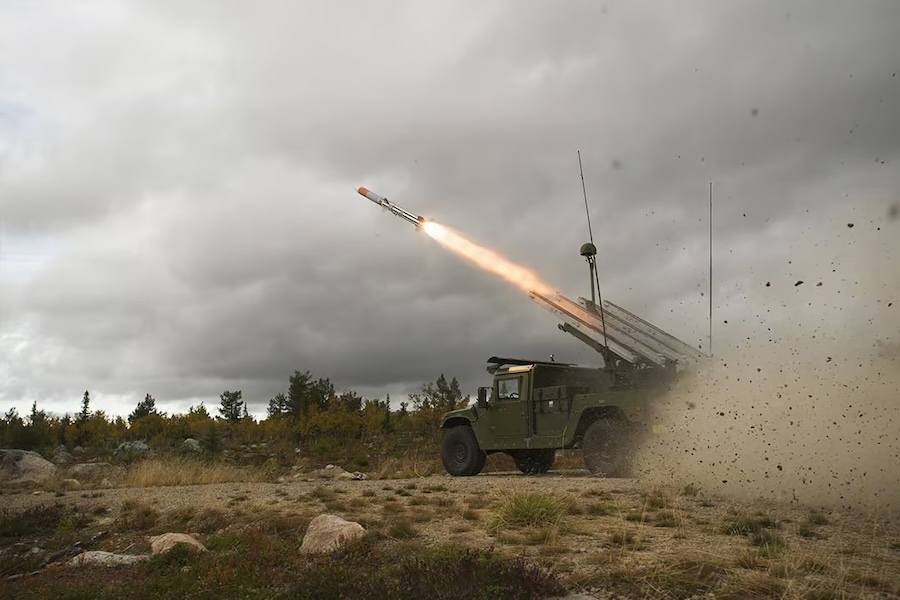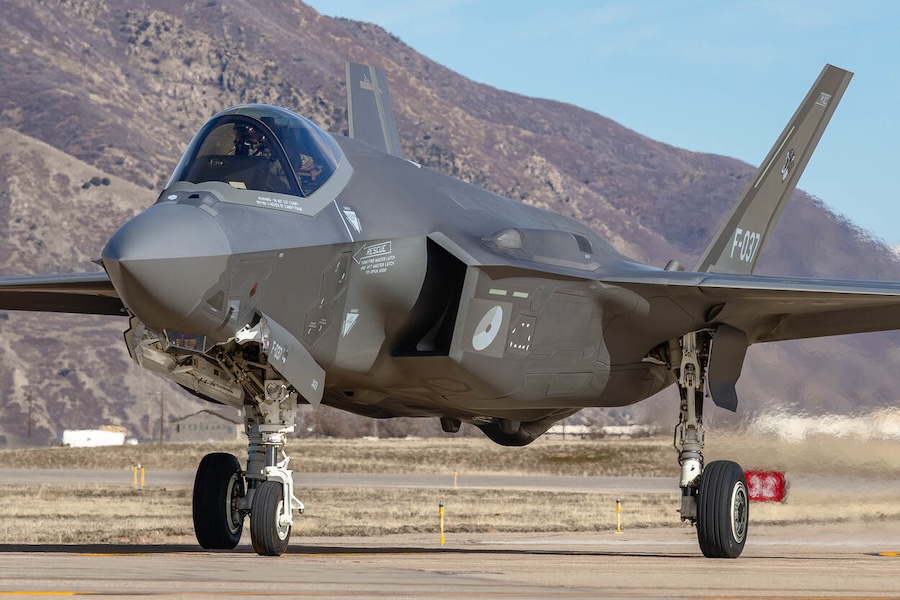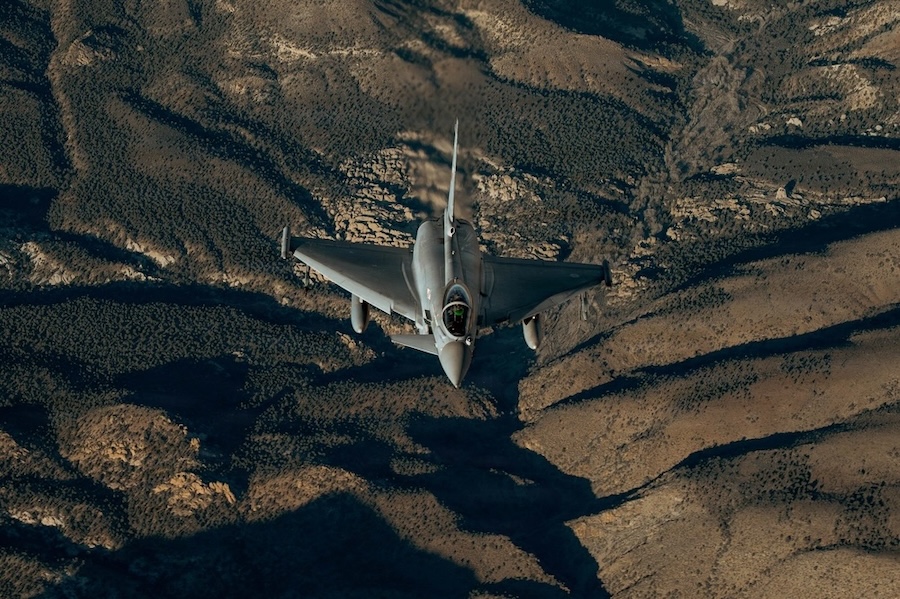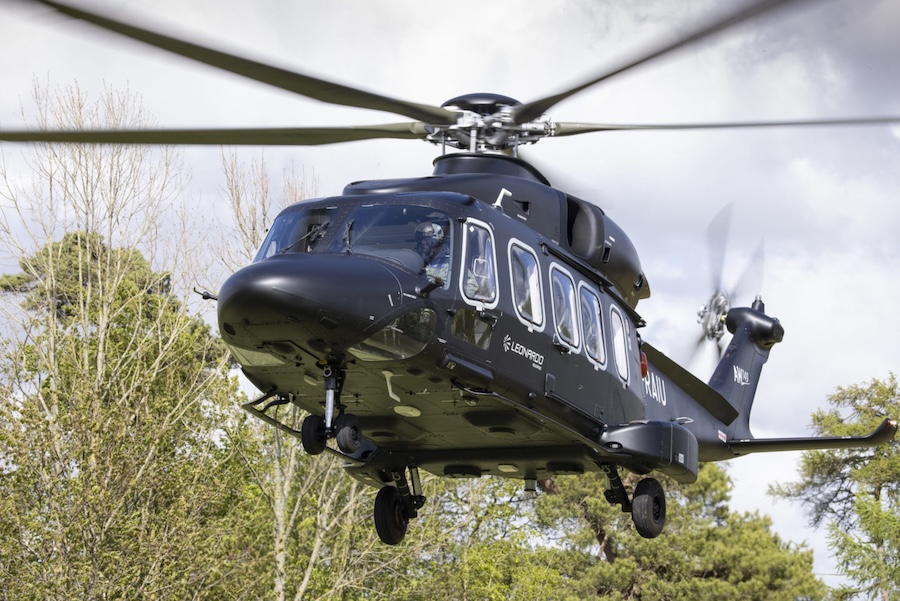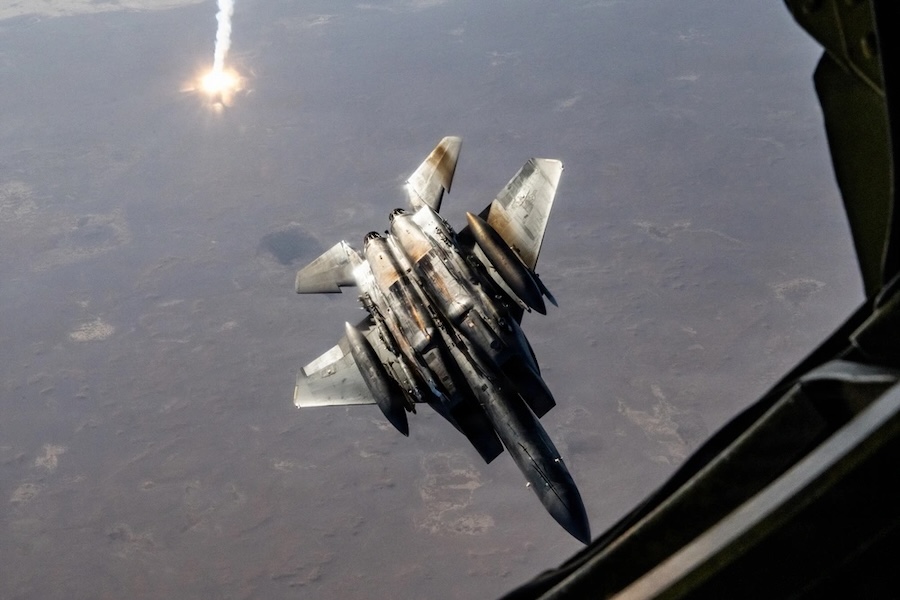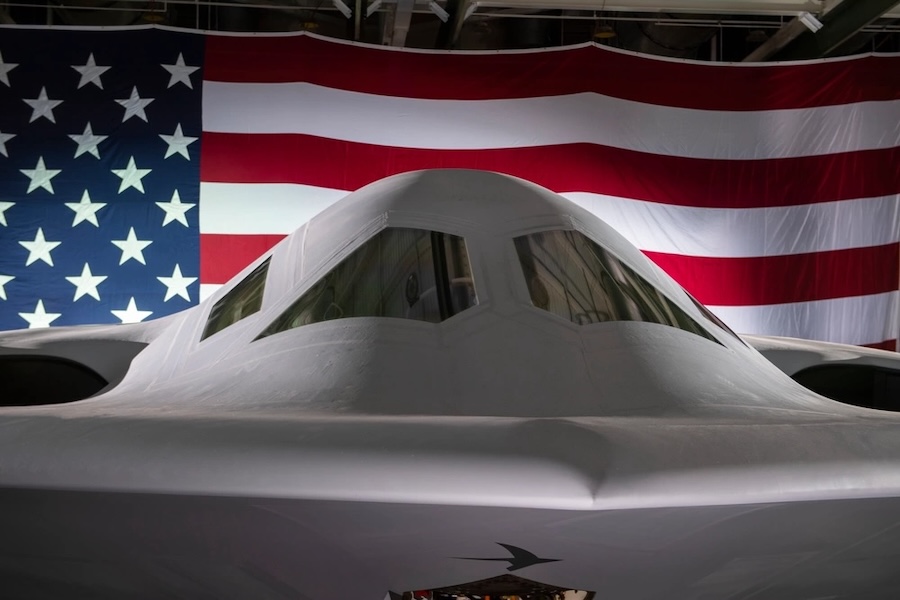“Gray Flag is about sharpening the edge of our warfighting capabilities,” said Capt. David Halpern, commodore of Naval Test Wing Pacific. “By testing advanced systems and tactics in realistic combat scenarios, we ensure the joint force is ready to dominate in future conflicts.”
This year’s event involved the US Navy, Marine Corps, Army and Air Force alongside allies from Australia, Canada and the United Kingdom. Nearly 100 aircraft across 35 types flew more than 500 sorties, supported by surface, unmanned and ground-based systems to generate critical data on integrated combat performance.
The Point Mugu Sea Range provided the environment to simulate complex scenarios through Live, Virtual and Constructive operations. According to Halpern, “Gray Flag is where we push boundaries, challenge assumptions, and develop solutions that directly enhance lethality and survivability. The lessons we learn here will shape how we fight tomorrow.”
Rear Adm. Keith Hash, commander of Naval Air Warfare Center Weapons Division and chief of test for Naval Air Systems Command, underlined the importance of allied participation. “Our nation’s success in future conflicts depends on how well we integrate and operate alongside our allies and partners,” he said. “Gray Flag gives us the ability to test advanced capabilities in a joint environment and rapidly deliver credible solutions to the Fleet.”
Hash also emphasised that the event strengthens testing and adaptation processes. “Gray Flag isn’t just about interoperability testing,” he said. “We’re testing how we test, how we protect our information and systems, and how we integrate lessons learned quickly and grow. We are shaping the future of integrated warfighting in real time.”


